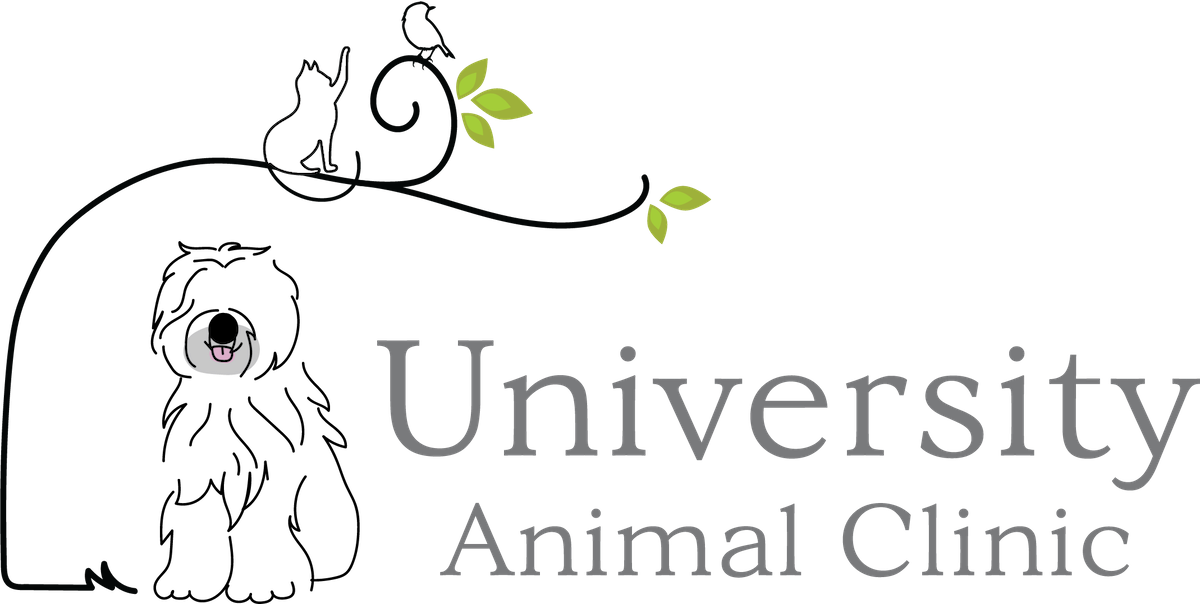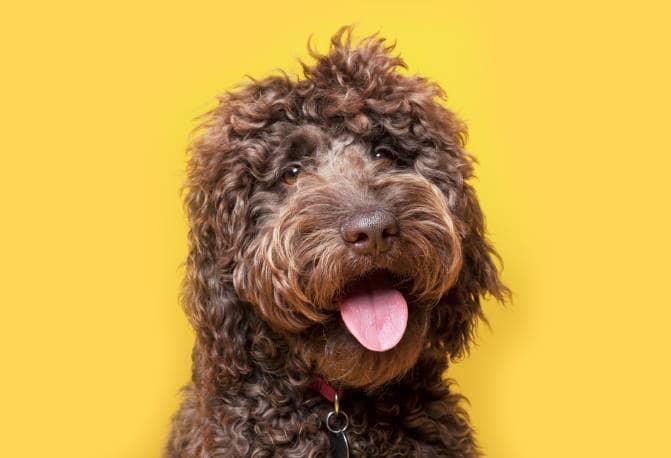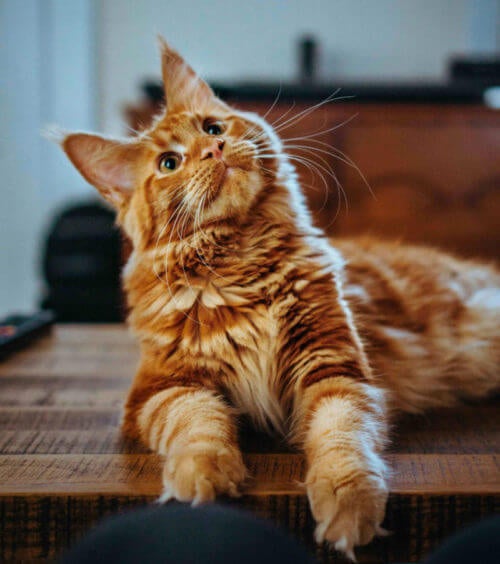
Veterinary Surgery In Lakewood Ranch, Florida
Whether it is an emergency, a simple vaccination, or a routine sterilization surgery, University Animal Clinic offers many different specialty services for the local pets of Lakewood Ranch, Sarasota, Bradenton, and surrounding areas. In our hospital. We offer blood work and vaccination administration of the rabies vaccine, distemper vaccine, and many others. In addition, we offer many different surgery options in our animal hospital, from simple orthopedic procedures to patella luxation procedures. Our animal clinic in Bradenton also offers treatment for common pet illnesses, such as kennel cough.
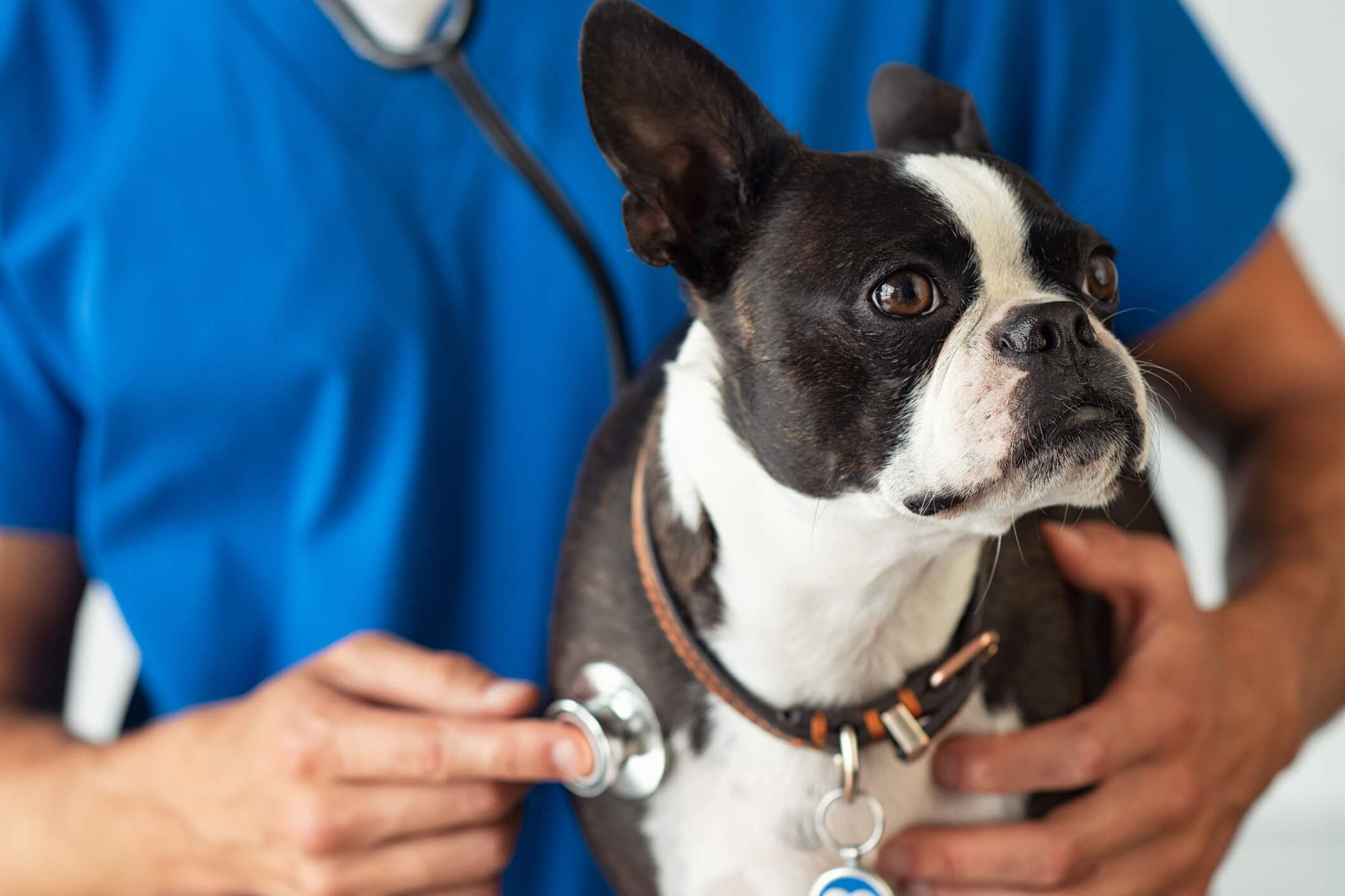
Preparing Your Pet For Surgery
Surgery can seem like a serious solution to a minor problem, but when it comes to working on pets, often the safest procedure is to put them under anesthesia. Because you cannot explain the situation to your dog or cat, good preparation can help the procedure go smoothly.
Here Are Some Tips For Preparing Your Pet For Surgery:
- Plan to take some time off of work during your dog’s recovery. You will need to monitor them and your presence at home will be comforting.
- Wash your cat or dog’s bedding just before surgery so they will have a clean, germ-free space to come home to.
- Prepare yourself by purchasing any special food required and getting some treats for your pet.
- Be sure to take home printed discharge instructions after the surgery, so you can do any required follow-up care.
- Prepare a cozy place for your pet to rest after surgery where they will not have to climb stairs or be disturbed by other pets.
- Bathe your dog or cat the day before surgery to reduce chances of infection.
- Update your pet’s immunizations so they can be fully protected. You may need to check with a vet to confirm the timing of these immunizations.
- Re-arrange your furniture so your pet will not be able to knock things over if they come home with a cone collar.
When you know what to expect from your pet’s surgery and are prepared in advance, you will be able to focus your attention on your pet at a time when they really need you. Although most dog and cat surgeries are routine and performed often at University Animal Clinic, this might be your pet’s first time. You will be the best person to keep them calm and comfort them through the recovery stage.
THE MOST COMMON
Surgeries For Dogs And Cats
Veterinary surgery is not unusual. Surgical procedures are often used to treat pets for disease. Pet cancers are some of the most common illnesses treated with surgery. In dogs, surgery for cancer of the spleen, eyelid and liver are prevalent. Surgery to treat cancer of the liver, mouth, nasal cavity and abdominal wall may be needed for cats. Surgery is also used to correct more common and less severe problems in dogs and cats.
Spay And Neuter Surgery For Cats And Dogs In Lakewood Ranch
Spaying (females) and neutering (males) are routine pet surgery procedures that are administered by our veterinarians and designed to keep an animal from reproducing. Down time is minimal for the animal and the procedures are very common. These procedures are done in our animal hospital under general anesthesia. A small incision and absorbable sutures make recovery time short and the risk of infection at the incision site.
Animals that have been sterilized tend to have longer life spans, less reproductive-related illnesses, and decreased aggressive and sexual behavior. Spayed or neutered pets face less risk of mammary and other cancers of the reproductive organs later in life. The procedure also prevents overpopulation, which can lead to abandoned dogs and cats living in shelters instead of in loving homes like yours.
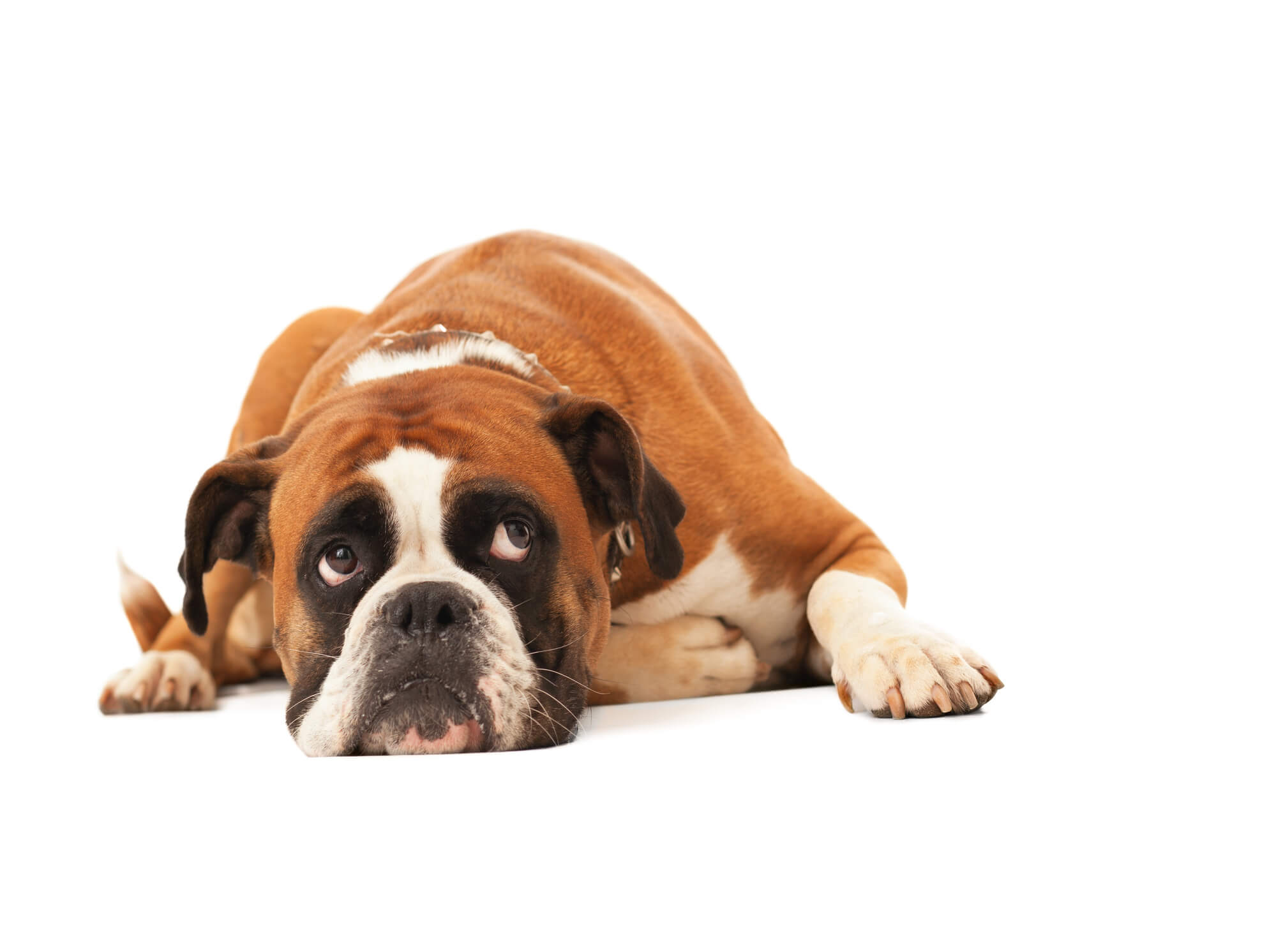
Kennel Cough
Kennel cough is a highly contagious, airborne illness, associated with dogs. This disease, when left untreated, can lead to canine pneumonia and even death. Treatment is fairly common, with antibiotics being administered by the pet owner or one of our veterinarians.
Emergency Services
Emergency veterinary situations can include a pet that has possibly ingested a harmful substance, been physically injured in an accident or hit by a car, or any other life-threatening instance. If such an emergency arises, please contact our office immediately at (941) 253-5218. Our after-hours answering machine will direct you to an evening, weekend, or holiday emergency service.
